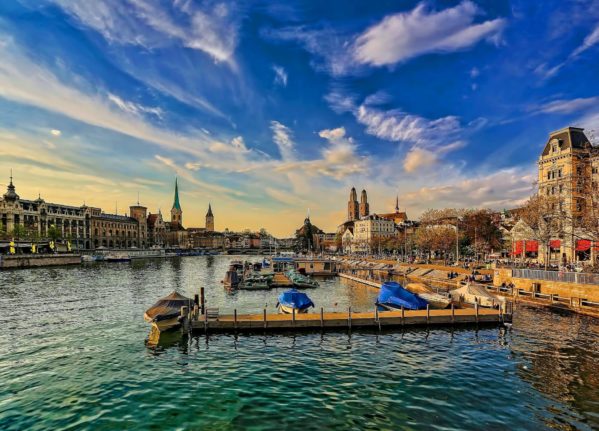Julia Probst, 31, was elected to the Baden-Württemberg state parliament for the Pirate Party last year, after gaining the public’s attention by blogging what she lip-read footballers and trainers saying to each other during the 2010 World Cup.
Her microblogging feed, under the handle @EinAugenschmaus, was so popular that she was named one of the most important people on Twitter by US broadcaster ABC in 2011. But last Wednesday she became the target of bullies mocking the way she spoke, Tagesspiegel said on Monday.
An activist for inclusion, Probst made her first live television appearance talking about the future of the Pirate Party on “log in” a show aired by German state broadcaster ZDF last Wednesday. Like many people who are deaf, her voice is different from a person with full hearing capacity – and for some viewers, this warranted ridicule.
User @Xylophilon, tweeted that she must have no idea “how stupid she seems” when she spoke. And that if she were smart she would step down. “If not then she should get used to people laughing at her,” they wrote.
Following the outburst, Probst announced that she would probably relinquish her candidacy for the 2013 parliamentary election. Her Twitter account, boasting around 22,000 followers, has been suspended.
She wrote on her blog that she recognised being in the public eye made her a target to some degree, but that her voice was taboo. Adding that although she did not like it, she was considering speech therapy to reduce how vulnerable she was.
Support has flooded in, in the form of hundreds of encouraging comments on her blog, and from fellow Pirate politician Anke Domscheidt-Berg who tweeted that she hoped Probst would return to politics.
“We need her,” tweeted Domscheit-Berg about the football fanatic politician.
The Local/jcw





 Please whitelist us to continue reading.
Please whitelist us to continue reading.
Member comments